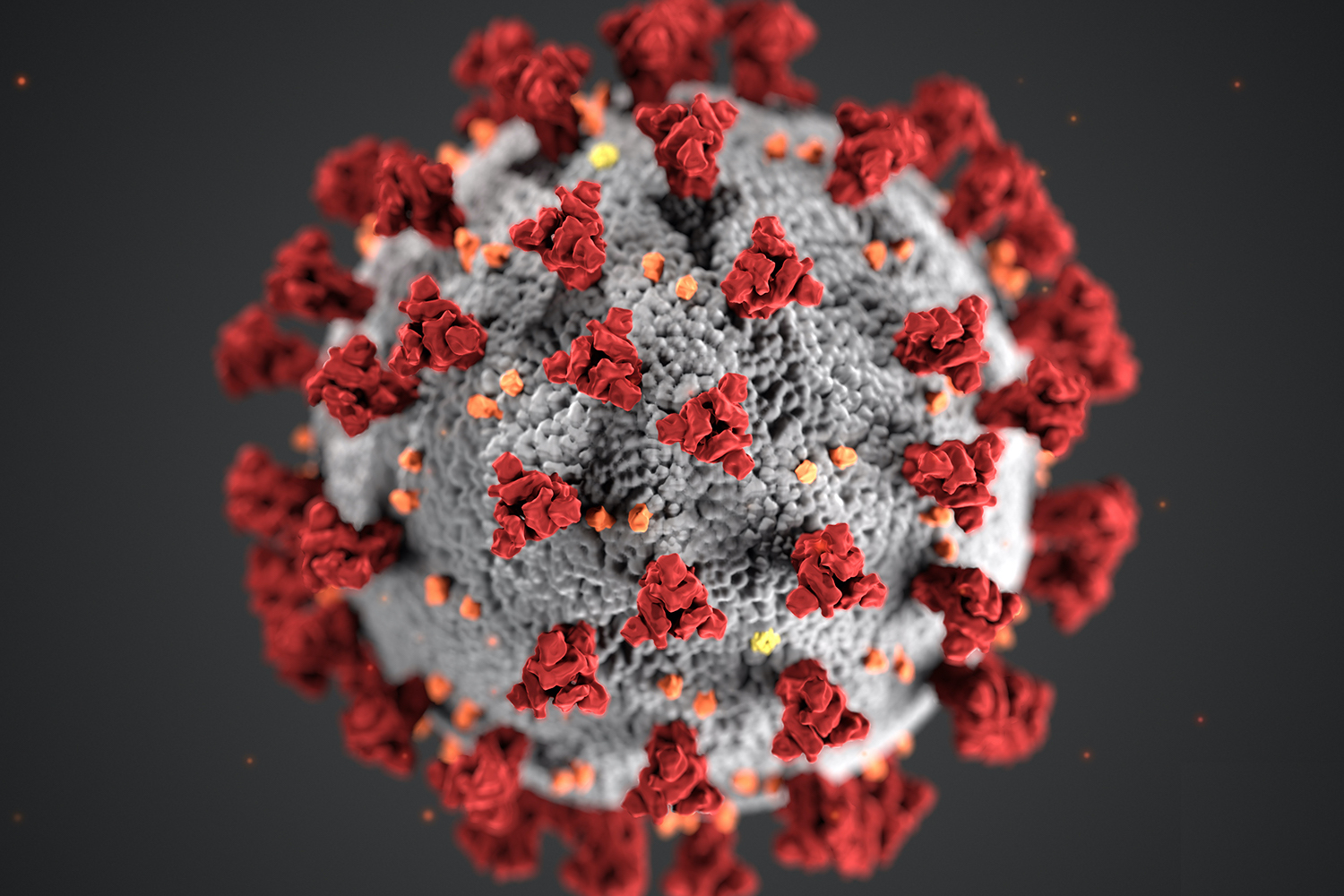Back To Blog
Novel Coronavirus Information Resource Center - FAQ
March 16, 2020Written by: Morehouse College
What have you announced?
-
Commencement has been postponed to December 11-13, 2020.
- We’ve extended Spring Break by one week.
- We've waived the submission of SAT and ACT scores for students entering in the Fall 2020 class.
- All classes will be taught online effective March 23, 2020 and carrying through the remainder of the semester.
- In consultation with the Office of Human Resources, our vice presidents will determine who in their departments can work remotely or on campus.
- We’ve instructed students who are off campus for spring break not return to campus.
- We’ve instructed students on campus during spring break to gather their belongings and move out of residence halls by noon on Wednesday, March 18th.
- All college-sponsored travel has been suspended – domestically and internationally.
- Instituted a travel registry for faculty, staff and students.
- Cancelled all events and on campus filming projects.
- Cancelled in-person meetings with students.
- Cancelled all campus tours for external audiences
- Admitted Student Day is a virtual event taking place on April 25
- Cancelled all weekend grant-funded programs such as TRIO and iSTEM.
What exactly are you closing?
- Morehouse is not closing but building and campus access will be limited.
- Operations of the college will continue as classes move online.
- Some administrative departments will be working remotely.
What are you doing virtually?
- All classes will be held online beginning March 23, 2020 through the rest of the semester.
- Classes will be taught on Blackboard and other remote platforms.
How long will the college and classes be virtual?
- As of now, classes will be online through the rest of the 2020 spring semester.
What is the coronavirus?
- Coronavirus or novel coronavirus(COVID-19) is a new virus strain spreading from person to person in China and other countries, including the United States. In some instances, cases outside of China have been associated with individuals who traveled through or from China. The Centers for Disease Control and Protection (CDC) and health professionals at large are concerned because little is known about this new virus and it has the potential to cause severe illness, pneumonia, and death. There are no known vaccines for novel coronavirus at this time.
What are the symptoms of the coronavirus?
- The virus symptoms manifest as a mild to severe respiratory illness with fever, cough, and difficulty breathing. The Centers for Disease Control (CDC) believes at this time that symptoms may appear in as few as two days or as long as 14 days after exposure.
How is the coronavirus transmitted?
- While much is still being learned about this new virus, it is currently thought to spread via:
- Respiratory droplets when an infected person coughs or sneezes.
- Within people who are in close contact with each other (within 6 feet) - See Coronavirus Fact Sheet.
How can I protect myself from the coronavirus?
- Staying informed on the spread of this virus is a good first step. We recommend you follow the updates from the CDC on its dedicated website located here: https://www.cdc.gov/coronavirus/2019-ncov/index.html.
- The College will be following guidance from the CDC as well as other health and safety agencies in the region. But some specific things you can do include:
- Being very prudent with travel plans. But, if you must travel overseas in the near future (to China but also to other places) we strongly encourage you to follow the CDC’s guidance located here: https://www.cdc.gov/coronavirus/2019-ncov/travelers/index.html.
- Other steps you can take to prevent the spread of flu and the common cold will also help prevent coronavirus:
- Washing your hands often with soap and water. If not available, use hand sanitizer.
- Avoiding touching your eyes, nose, or mouth with unwashed hands.
- Avoiding contact with people who are sick.
- Staying home and avoiding close contact with others if you feel sick.
- Covering your mouth/nose with a tissue or sleeve when coughing or sneezing.
What caused the outbreak?
- According to the CDC this coronavirus originated in December of 2019 at a large seafood and animal market in Wuhan, China where people come into contact with livestock. The virus is now mainly spreading person-to-person.
Who is the most susceptible to the coronavirus?
- Health officials and organizations are still learning about this virus. Although coronavirus originated geographically in Wuhan, China, the disease is not specific to any ethnic group. Being of Chinese ancestry – or any other ancestry – does not make a person more vulnerable to this illness.
Who do I contact if I feel like I might be sick or have contracted the coronavirus?
- If you have traveled to an affected geographic area within the past 14 days or have been in contact with someone suspected of or confirmed to have COVID-19 and are experiencing fever, cough or trouble breathing, please contact your healthcare provider for assessment.
- If you are on campus and are exhibiting flu-like symptoms, please go to or contact the Student Health Center at (404) 215-2637. Faculty and staff should contact the Student/Employee Health and Wellness Center at the Morehouse School of Medicine at (404) 756-1241.
- If you are having chest pain, serious difficulty breathing, or another type of medical emergency, please call 911 or Morehouse Public Safety at (404) 215-2666.
- If you are off campus and feel ill, contact or visit your primary care physician or go to urgent care before returning to work or class.
What other resources are available?
- Below are links to several resources for news and information about this virus. Morehouse will continue to provide updates as this situation evolves:

Tag(s):
novel coronavirus
,
covid19 resources
,
information resource
,
covid19
,
coronavirus faq
,
Inside Morehouse